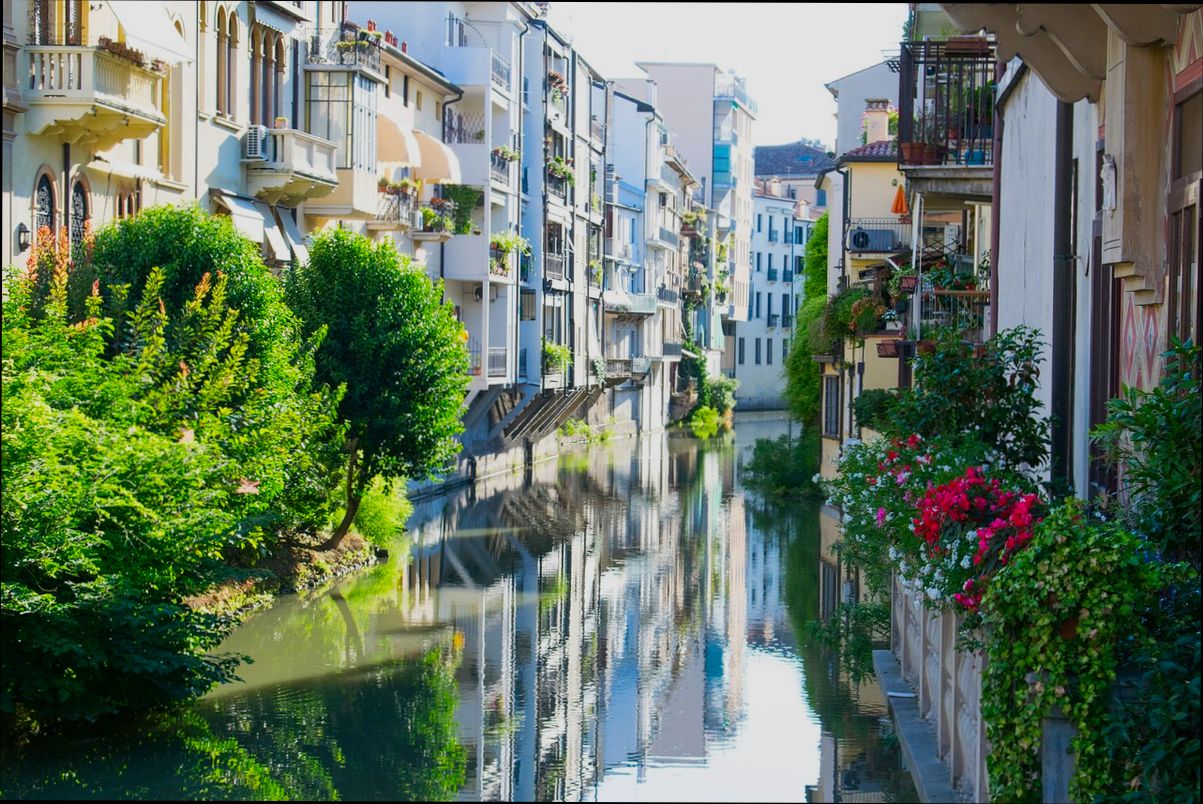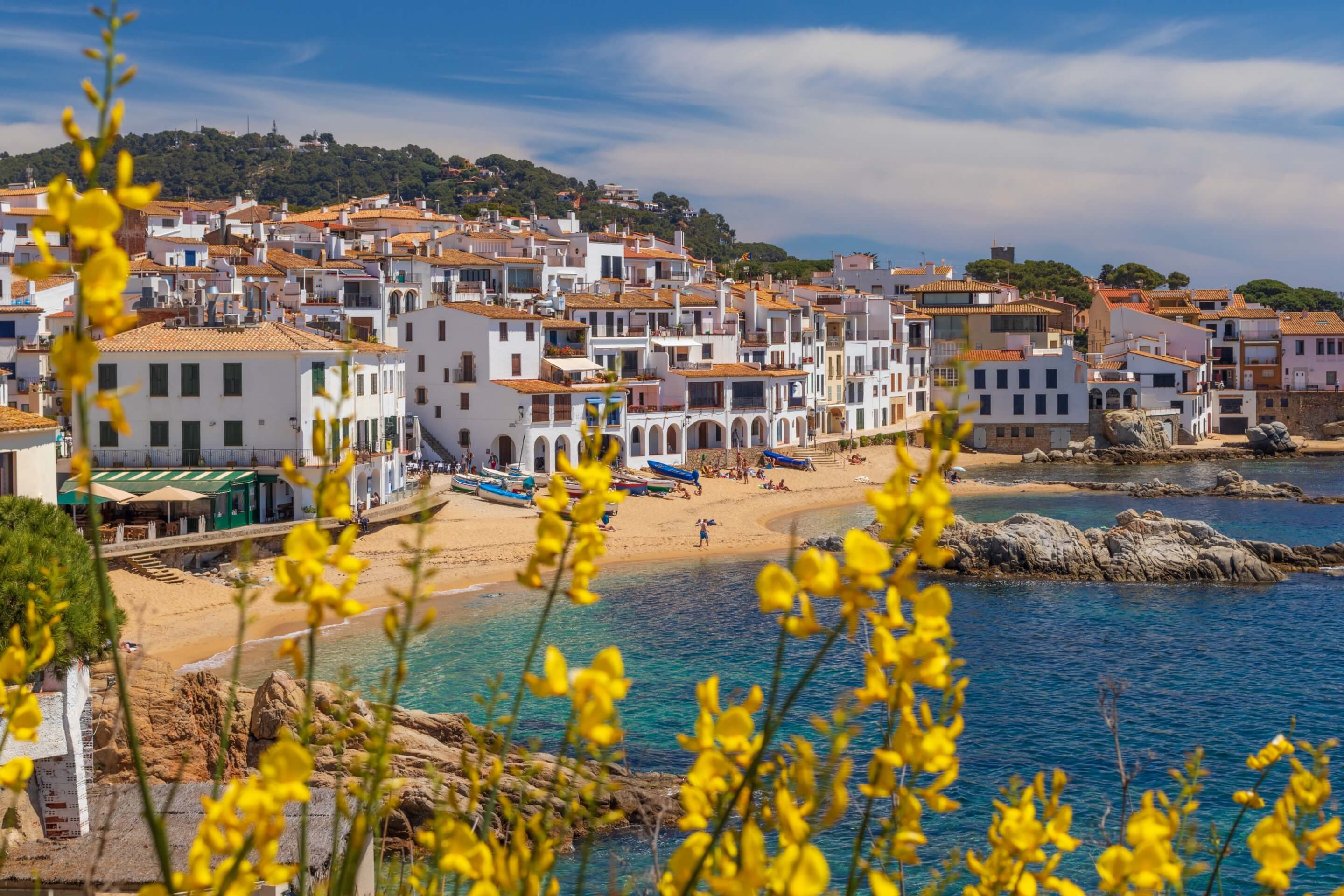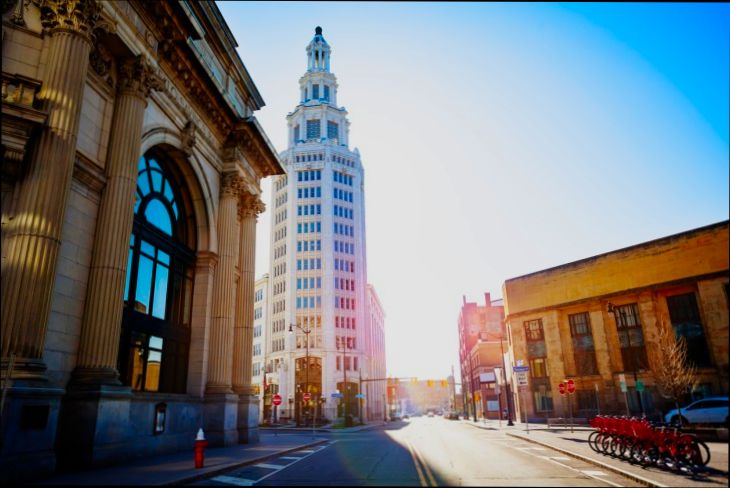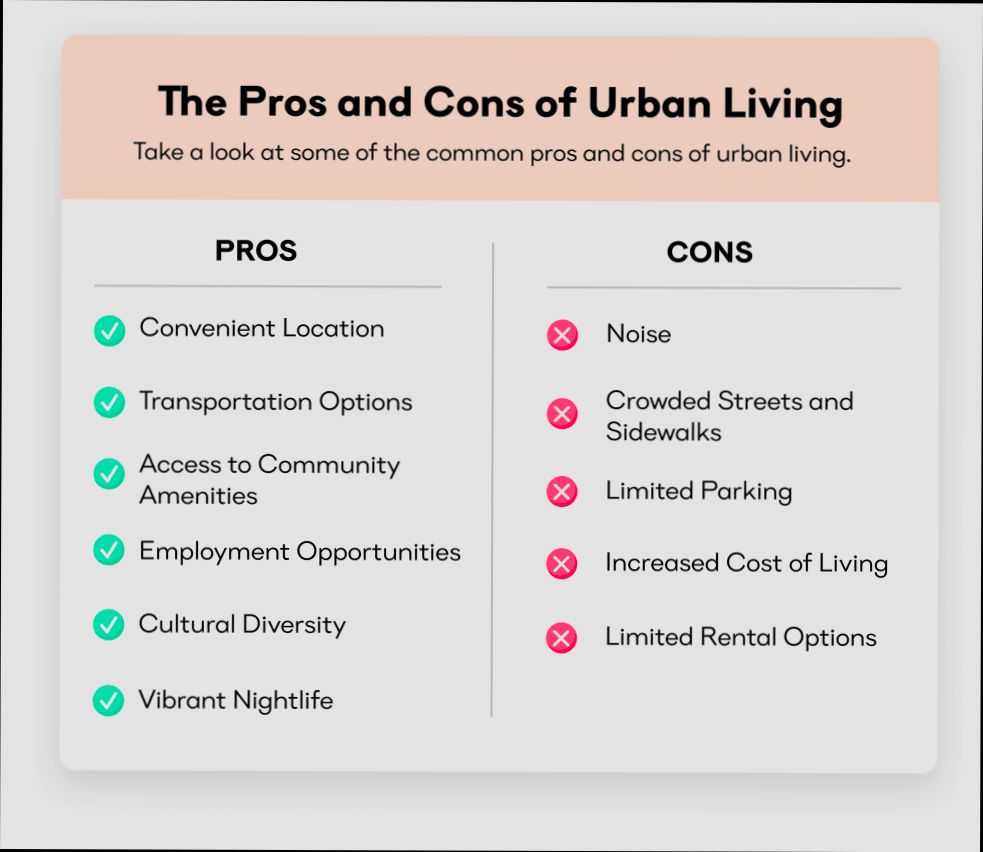Pros and Cons of Living in Padua can really shape your experience in this charming Italian city. On the plus side, Padua boasts a rich history that dates back to ancient Rome, with stunning architecture like the Basilica di Sant’Antonio and the Scrovegni Chapel showcasing breathtaking frescoes. Plus, you can indulge in the local cuisine without breaking the bank—think authentic pasta dishes at small trattorias for around €10. The city’s compact size means getting around is a breeze; you can bike through the cobblestone streets or take a leisurely walk to enjoy the vibrant piazzas.
However, like any place, living in Padua comes with its downsides. The student population, thanks to the University of Padua, can make the city feel crowded, especially during the school year, leading to noise and a bustling atmosphere that might get overwhelming. And while the cost of living is relatively reasonable, rent prices have seen a spike in popular areas, with a decent one-bedroom apartment averaging €700 per month. If you’re not keen on damp winters or want to escape the summer heat, Padua’s climate might also pose a challenge, with humidity clinging on for longer than you’d like.
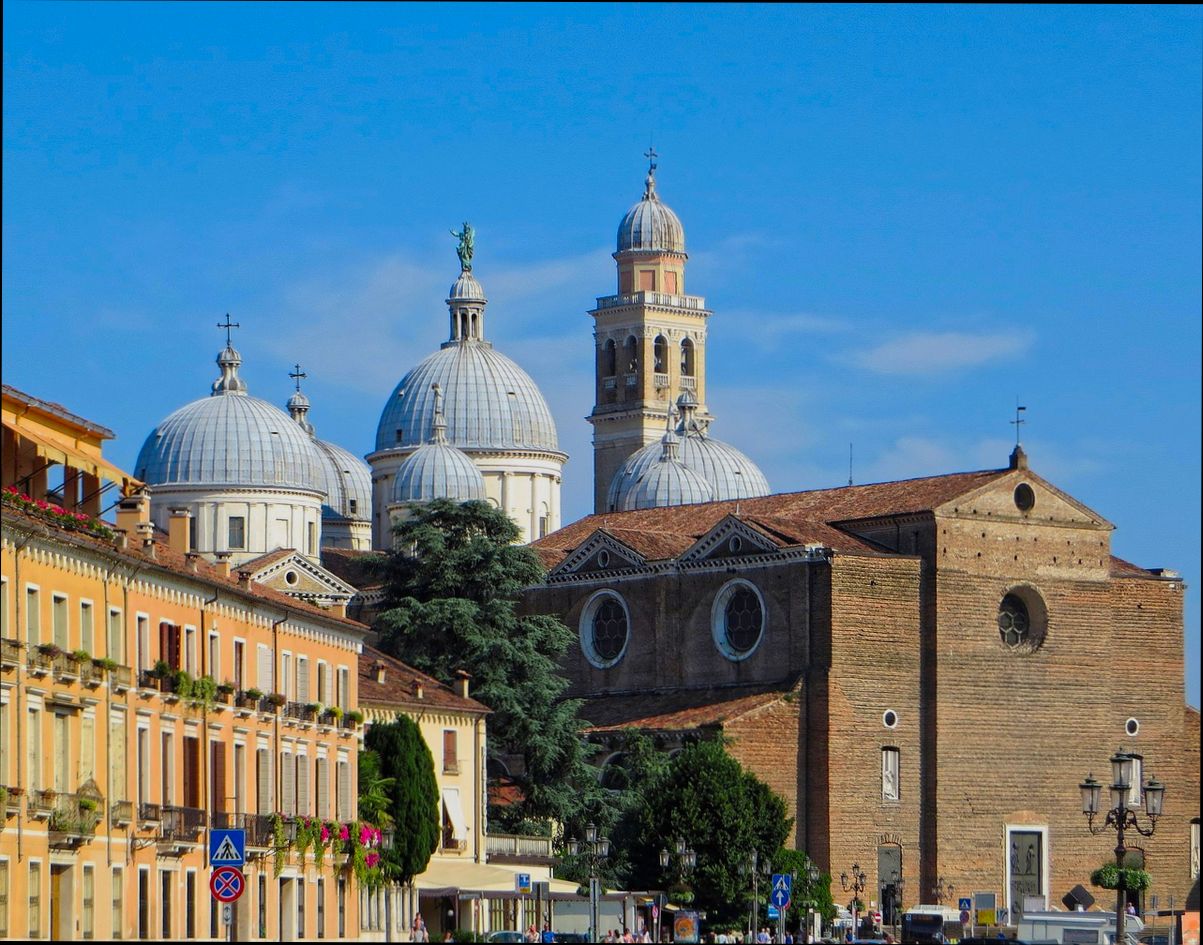
Cultural Richness and Historical Significance
Living in Padua offers a unique opportunity to immerse yourself in a city steeped in cultural richness and historical significance. Known as one of Italy’s oldest cities, Padua blends art, architecture, and a profound sense of heritage that resonates through its streets, making it an exciting place for history buffs and culture enthusiasts alike.
Key Historical Highlights
- Padua is home to the University of Padua, founded in 1222, which ranks among the oldest in the world. Did you know that it was here that Galileo Galilei served as a professor? His contributions to science marked this city as a historical beacon of innovation.
- The Basilica of Saint Anthony, a significant pilgrimage site, attracts millions each year. This architectural marvel showcases a blend of styles, including Romanesque and Gothic, and houses numerous works of art.
- A staggering 78% of residents value the artistic and architectural heritage of Padua, indicating that the historical significance of the city is cherished by its community.
Cultural Attributes at a Glance
| Aspect | Detail |
|---|---|
| Age of the City | Over 2,000 years |
| Number of Historic Sites | Over 30 significant sites |
| Pilgrims to Basilica Annually | Approximately 5 million |
| UNESCO World Heritage Sites | 1 (Prato della Valle) |
Real-World Examples of Cultural Significance
One standout feature is the Scrovegni Chapel, famous for its stunning Giotto frescoes, which illustrate the life of Christ and the Virgin Mary. This chapel is not just a religious site; it represents the pinnacle of medieval art, and visiting it enhances your understanding of the artistic movements that shaped the Renaissance.
Another example is the Botanical Garden of Padua, the world’s oldest university botanical garden, recognized by UNESCO for its historical and scientific significance. This green space isn’t just a place to relax; it’s an educational hub that showcases biodiversity and contributes to research.
Practical Implications for Residents
Embracing the cultural richness in Padua can deepen your engagement with the community. Whether you participate in local festivals, visit museums, or explore historical sites, you become part of a vibrant cultural tapestry. Local workshops and classes often feature traditional crafts or cooking lessons, allowing you to learn and appreciate the city’s heritage intimately.
Facts and Actionable Insights
- Participate in guided historical tours; they offer insights into landmarks you might overlook otherwise.
- Engage with the local arts scene through exhibitions and performances at venues like the Teatro Verdi, where you can witness contemporary interpretations of classic works.
- Consider volunteering at cultural events or festivals; it’s a great way to make connections while celebrating Padua’s rich history.
By diving into the cultural richness and exploring the historical layers, you’ll not only enhance your personal experience in Padua but also contribute positively to the preservation of its heritage.
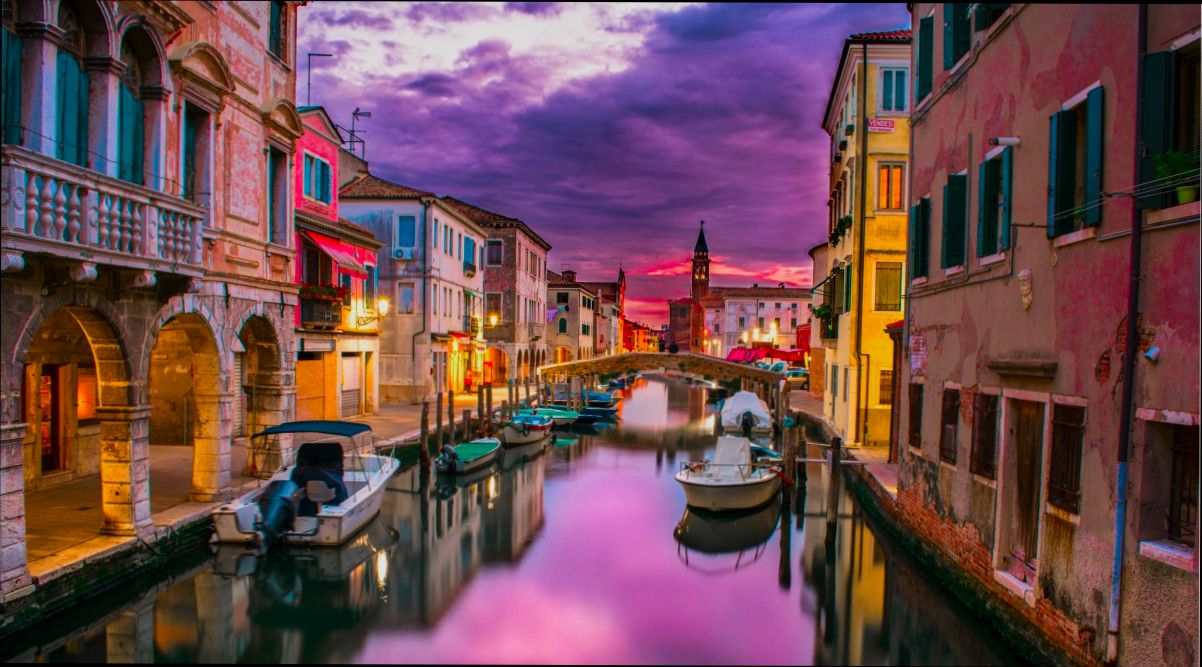
Cost of Living Comparison with Nearby Cities
When considering a move to Padua, understanding the cost of living in relation to nearby cities can greatly influence your decision-making. In this section, I will compare Padua’s living expenses with those of key neighboring cities, helping you gauge where your budget might best fit.
Key Cost of Living Data
- Housing Costs: One of the most significant expenses is rent. In Padua, the average monthly rent for a one-bedroom apartment in the city center is approximately €800. In comparison:
- Venice: €1,200
- Verona: €900
- Bologna: €950
- Groceries: Budgeting for food is essential. For instance, a meal at a mid-range restaurant in Padua costs about €20 per person. This can be contrasted with:
- Venice: €30
- Verona: €25
- Bologna: €28
- Transportation: Public transport can also impact your overall living costs. A monthly public transportation pass in Padua costs around €35. Here’s how that compares:
- Venice: €50
- Verona: €42
- Bologna: €45
Cost Comparison Table
| Expense Category | Padua | Venice | Verona | Bologna |
|---|---|---|---|---|
| Rent (1-bedroom center) | €800 | €1,200 | €900 | €950 |
| Meal (mid-range) | €20 | €30 | €25 | €28 |
| Monthly Transport Pass | €35 | €50 | €42 | €45 |
Real-World Examples
Consider the experience of Laura, who recently moved from Venice to Padua. She reported saving about €400 monthly on rent alone, allowing her to direct that money towards enjoying leisure activities and dining out. Similarly, Marco, who relocated from Bologna, noted significant savings in transportation costs, which enabled him to explore neighboring towns more frequently without breaking the bank.
Practical Insights for You
- If you’re prioritizing a budget-friendly environment, Padua’s housing and living expenses make it an attractive option compared to its more expensive neighbors.
- Take advantage of the city’s more affordable dining scene. Not only can you eat out more frequently, but you can also enjoy a wider variety of cuisines without overspending.
- Remember to account for transportation savings too. Opting for Padua means less money spent on getting around, which creates ample opportunities to invest in other areas, like travel or savings.
Specific Cost Facts
- Housing in Padua is roughly 33% cheaper compared to Venice, which can significantly affect your overall budget.
- Dining out in Padua can save you up to 30% compared to bigger cities, making it easier to enjoy culinary delights without stretching your wallet.
- With lower monthly transport costs, you can expect around 30% savings per month, freeing up funds for savings or entertainment.
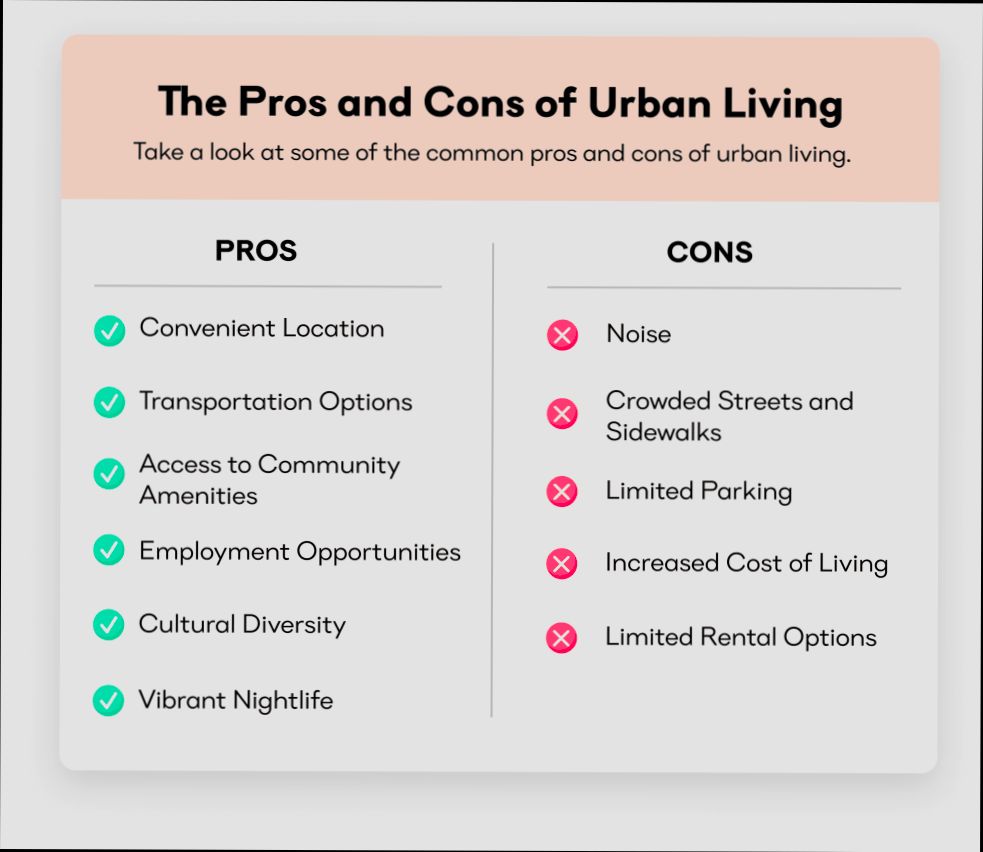
Education and Intellectual Opportunities in Padua
Padua is a city brimming with educational heritage and intellectual pursuits. Known for its prestigious university and notable scholars, living here presents myriad opportunities for academic excellence and personal growth. Let’s delve into some key facets of education and intellectual life in Padua.
Rich Educational Landscape
- University of Padua: Founded in 1222, this is one of the oldest universities in the world. It boasts a diverse academic environment with more than 60,000 students enrolled across various fields, ensuring a lively intellectual atmosphere.
- International Collaborations: The university actively engages in international partnerships, providing students with opportunities to participate in exchange programs and collaborative research, enhancing their global academic outlook.
- Educational Programs: There are over 70 graduate programs taught in English, catering to international students and facilitating a multicultural educational environment.
Comparative Data on Educational Institutions
| Institution Type | Number | Highlight |
|---|---|---|
| Universities | 1 | University of Padua - Historical significance since 1222 |
| Technical Institutes | 3 | Focus on vocational training and technology |
| Language Schools | 10 | Offer various courses for language learning |
| Research Centers | 15 | Active in various fields such as medicine and engineering |
Influential Figures in Education
- Vittorino da Feltre: In the 15th century, this educator founded the “Schola Castiglioni,” emphasizing humanistic education, blending classical literature with practical subjects. His methods influenced educational practices across Europe.
- Francesco Petrarca: A pivotal figure in the Renaissance, Petrarca’s emphasis on classical languages and literature profoundly shaped the curriculum at the University of Padua and inspired generations of students to embrace humanist education.
Actionable Opportunities in Padua
- Attend Guest Lectures: Many departments at the University of Padua host regular guest lectures, inviting scholars from around the world. Participating in these events can broaden your academic horizons and connect you with leading figures in various fields.
- Join Student Organizations: Engaging with student organizations fosters networking opportunities, social engagement, and collaboration on projects, enhancing both the educational experience and making lasting friendships.
- Explore Research Opportunities: If you’re inclined towards research, consider partnering with faculty members or participating in ongoing projects at various research centers. This not only enriches your education but can also be pivotal for your career.
Specific Facts and Advice
- More than 1,800 international students come to Padua each year, reflecting its global appeal.
- Medals and awards for innovation in education often highlight achievements stemming from Padua’s academic community.
- Consider learning Italian to deepen your cultural immersion and enhance communication with locals, enriching your overall educational experience in Padua.
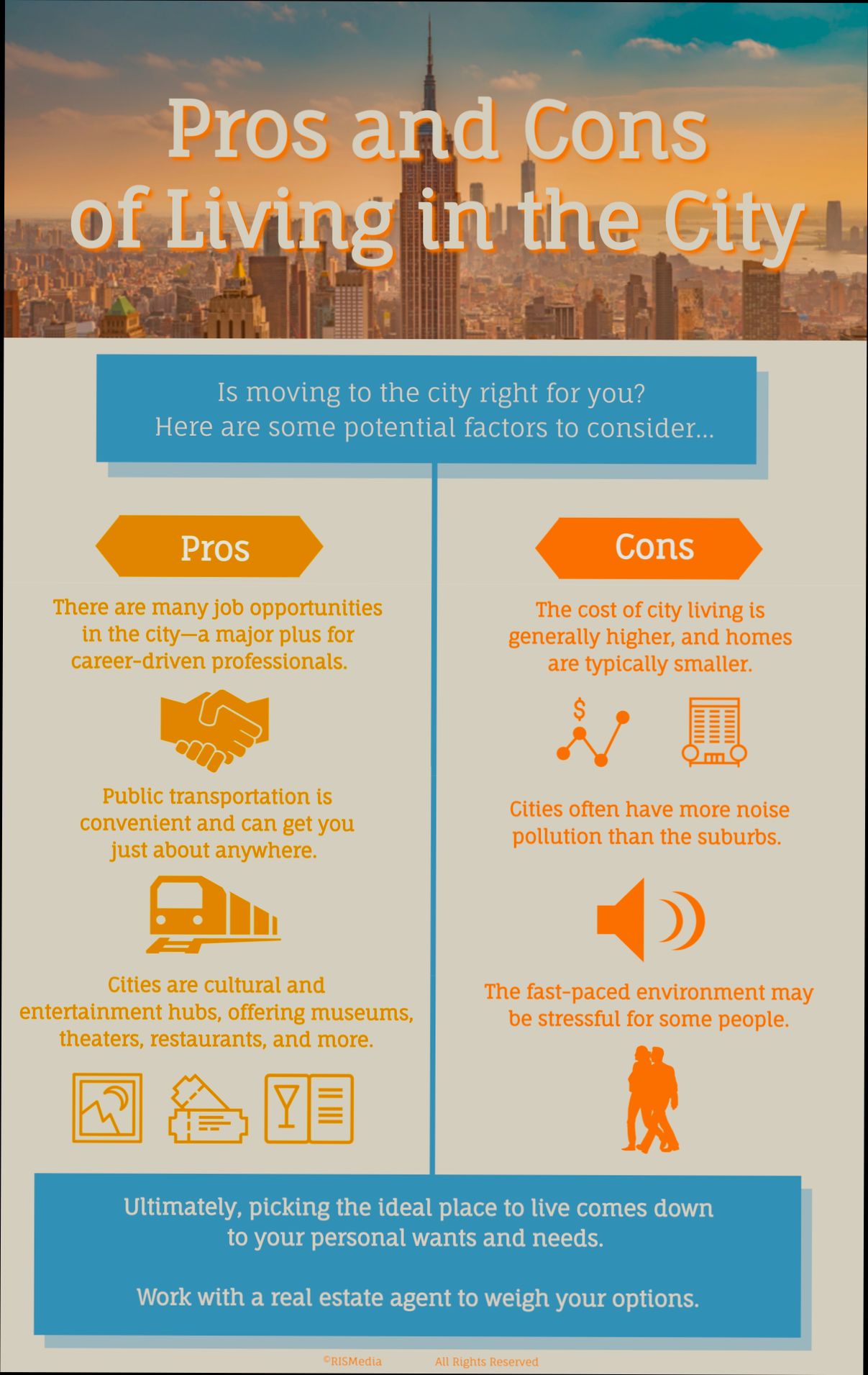
Public Transportation Efficiency and Accessibility
When considering a move to Padua, understanding the efficiency and accessibility of its public transportation is crucial. The city offers a network that is generally reliable and cost-effective, making it easier for residents to navigate both within Padua and to neighboring cities.
Key Points About Public Transportation in Padua
- Cost-Effectiveness: Public transportation proves to be significantly cheaper than maintaining a personal vehicle. Not only can you save on fuel costs, but fares for trains and buses are affordable, especially for longer trips. Economizing your travel expenses can free up funds for other pursuits or savings.
- Environmental Impact: Utilizing public transport can significantly lower your carbon footprint. By opting for buses and trams over personal cars, you contribute to a reduction in air pollution and carbon emissions, promoting a healthier environment in and around Padua.
- Convenient Scheduling: The public transport system operates on a structured timetable. This allows you to plan your journeys ahead of time, ensuring that you arrive at your destinations promptly. During peak hours, the frequency of services increases, alleviating the stress of long waits.
- Community Interaction: Public transport fosters a sense of community as it brings together diverse groups of people. This can be a great way to meet new friends or network with fellow commuters from various backgrounds.
Comparative Overview of Public Transport Options in Padua
| Transport Mode | Average Cost | Frequency | Accessibility |
|---|---|---|---|
| City Buses | €1.50 | Every 15-30 minutes | Generally accessible |
| Trains to Venice | €3.40 | Every 30 minutes | High accessibility |
| Trams within Padua | €1.50 | Every 10-20 minutes | Partially accessible |
Real-World Examples
For instance, the local train services offer a convenient link between Padua and major cities like Venice and Bologna, with trains running as frequently as every half-hour. This connectivity enhances your options for both commuting and leisure activities, making interstate travel seamless.
City buses maintain a solid reputation for reliability, although occasional crowding can be an issue during rush hour. Nevertheless, local authorities are actively working on efficiency improvements to manage this.
Practical Implications for Residents
As you think about utilizing public transportation in Padua, consider investing in a transportation pass, which offers unlimited travel for a fixed period. This can further reduce your costs and enhance the convenience of using public transit regularly.
Moreover, always check the schedules ahead of time, especially on weekends or holidays, when the frequency might differ from weekdays. Keeping an eye on service announcements can also help you stay informed about any potential disruptions.
Specific Facts to Keep in Mind
- A monthly public transport pass in Padua can save you over 30% compared to daily ticket purchases if you travel frequently.
- Investing in environmentally friendly choices like public transport can reduce your individual carbon footprint by up to 45% compared to driving alone.
Understanding these facets of public transport in Padua can help you make informed decisions and maximize your living experience in this beautiful city.

Quality of Life: Parks and Leisure Activities
Living in Padua means you’re never too far from green spaces and leisure activities that enhance your quality of life. This city excels in providing numerous parks and recreational areas where you can unwind, exercise, or spend quality time with family and friends.
Abundance of Green Spaces
Padua boasts over 14 large parks and countless smaller green areas, promoting a vibrant outdoor lifestyle. Here are some highlights of the city’s parks:
- Parco della Bassone: A major nature reserve featuring walking trails and picnic spots, perfect for a day out.
- Giardini dell’Arena: A park located near the historical center, great for leisurely strolls and community events.
- Parco della Musica: Known for its music festivals and open-air concerts, this park provides a lively cultural atmosphere.
Comparison of Parks and Recreation Facilities
| Park Name | Size (Hectares) | Main Features | Activities Available |
|---|---|---|---|
| Parco degli Alpini | 5 | Children’s playground, pond | Biking, picnicking |
| Giardini dell’Arena | 3 | Open-air theater, sports courts | Concerts, sports events |
| Parco della Musica | 8 | Music venues, flower gardens | Outdoor concerts, festivals |
Community Engagement and Events
Parks in Padua aren’t just for passive enjoyment; they’re hubs for community engagement. For instance, the Parco della Musica hosts over 20 events annually, including music festivals, art exhibitions, and family-friendly activities. Engaging in such events is a wonderful way to connect with your neighbors and build a sense of community.
Outdoor Activities Galore
In addition to parks, Padua’s commitment to leisure is evident in the myriad activities available:
- Cycling Routes: The city actively promotes cycling, with over 100 kilometers of bike paths. This makes biking not only a fun activity but also a practical mode of transport.
- Sports Facilities: You’ll find facilities for tennis, basketball, and soccer that cater to all skill levels, making it easy to stay active.
Embracing Nature and Well-Being
Studies show that spending time in nature greatly enhances mental well-being. In Padua, the chance to enjoy natural settings is around every corner, contributing positively to your daily life.
- Relaxation Spots: Each park contains quiet areas perfect for reading or meditating, often shaded by trees. Knowing that you have serene spots to recharge during the week can balance a busy schedule.
Here’s a practical tip: Make it a habit to explore a different park each week. You’ll not only break the routine but also discover diverse environments and community activities along the way.
In Padua, parks and leisure activities play a pivotal role in promoting a high quality of life, ensuring you have vibrant, green spaces to work, play, and relax.
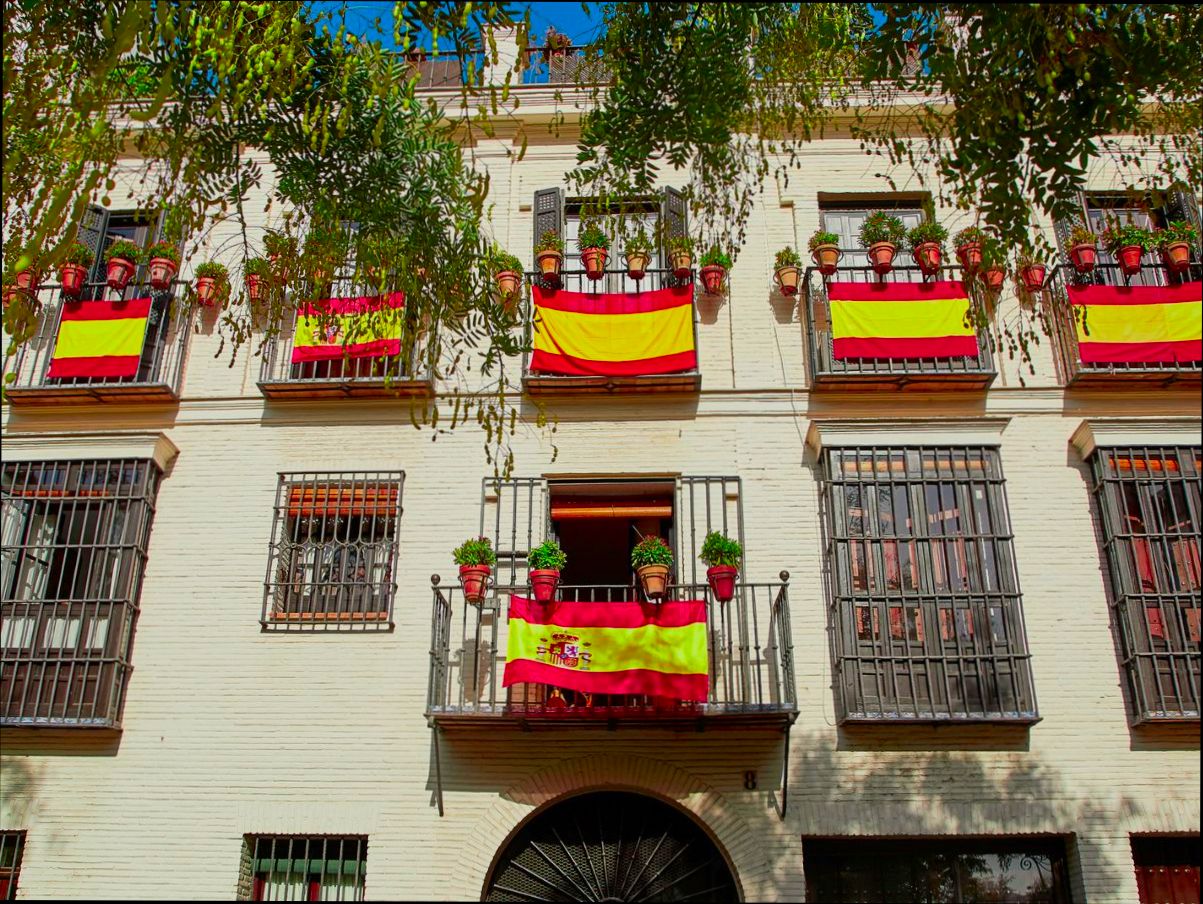
Safety and Health Statistics in Padua
Living in Padua raises important considerations about safety and health. Let’s delve into the statistics that paint a clearer picture of what to expect in this vibrant city.
Overview of Safety Statistics
The crime index in Padua stands at 43.37, indicating that while crime exists, it is perceived as moderate. However, the safety index is relatively higher at 56.63, suggesting that many residents feel secure in their environments. Here are some specific insights into safety concerns:
- Moderate levels of crime: The level of crime is recorded at 44.66, categorized as moderate.
- Increasing trend: An alarming 62.44 indicates a perception that crime has been increasing over the past five years.
- Concerns about home and vehicle safety:
- 40.09 feeling worried about break-ins and thefts.
- 24.23 express concern regarding vehicle thefts, which is considered low.
| Safety and Health Index in Padua | Value |
|---|---|
| Crime Index | 43.37 |
| Safety Index | 56.63 |
| Homes Worries (Theft) | 40.09 |
| Vehicle Theft Worries | 24.23 |
| Safety Walking Alone in Daylight | 76.37 |
| Safety Walking Alone at Night | 42.90 |
Real-World Examples of Safety Concerns
One significant concern among Padua residents is drug-related issues, with 62.50 of respondents identifying problems with drug use or dealing in their neighborhoods. This problem often correlates with perceived increases in crime, making individuals hesitant about their environment.
In terms of violent crime, the statistics indicate a lower level of concern, with only 34.94 acknowledging issues related to assault or armed robbery. While this may sound reassuring, it’s essential to remain vigilant, particularly after dark, as the index for feeling safe while walking alone at night is a moderate 42.90.
Practical Implications for Residents
Understanding these statistics can help you evaluate your lifestyle choices in Padua. For instance, if you enjoy evening walks, being aware that safety walking alone at night has a moderate perception score means you might choose well-lit and populated areas for your strolls.
Here are a few actionable insights:
- Consider neighborhood dynamics: Pay attention to areas with lower reported issues concerning drug use and property crimes.
- Stay connected: Join local community watch groups or forums to stay updated about safety concerns and solutions in your neighborhood.
- Safety apps: Use mobile applications designed to track and report neighborhood safety trends, which can provide real-time alerts.
By keeping informed about safety and health statistics, you can make educated decisions while enjoying all that Padua has to offer.

Local Cuisine and Culinary Experiences
Living in Padua means diving headfirst into a culinary adventure that reflects the region’s rich agricultural landscape and cultural heritage. You’ll find an array of local flavors, innovative chefs, and traditional recipes that can turn everyday meals into exceptional dining experiences.
Key Local Dishes to Try
The local cuisine boasts a variety of signature dishes that you simply can’t miss:
- Bigoli: This thick spaghetti-like pasta is often served with duck ragù or a rich sauce made from anchovies.
- Sgombro: Mackerel is a favorite here, usually grilled or roasted with spices and olive oil.
- Tiramisu: While this dessert hails from nearby Treviso, you’ll find some of the best versions right in Padua, showcasing local mascarpone and espresso.
Culinary Experiences and Opportunities
Padua’s culinary scene isn’t just about eating; it’s an experience you can immerse yourself in. Here are some noteworthy points:
- Food Tours: Engaging food tours are available across the city, giving you a taste of local delicacies and an overview of Padua’s food history.
- Cooking Classes: Participate in hands-on cooking classes where you can learn to make local dishes such as polenta or risotto, often held in cozy, family-owned trattorias.
- Wine Tastings: Discover the wines of the Veneto region through tastings at local vineyards or wine shops, emphasizing varieties like Prosecco and Valpolicella.
Comparative Table of Local Culinary Experiences
| Experience Type | Description | Average Cost (EUR) | Duration |
|---|---|---|---|
| Food Tour | Guided exploration of local cuisine | 60-100 | 3-4 hours |
| Cooking Class | Learn to prepare traditional dishes | 70-120 | 2-3 hours |
| Wine Tasting | Sample local wines | 20-50 | 1-2 hours |
Real-World Examples of Local Cuisine
One of the standout experiences is the Market Tour and Cooking Class offered by local chefs who come from longstanding culinary families. For instance, a family-run operation might take you to the Mercato di Padova, where you can source fresh ingredients before preparing a meal at their home. Participants often rave about the personal touch and the stories behind each dish.
Another great example is the Festa di Riso, an annual event celebrating local rice dishes, where you can join in on tastings of risotto prepared by various chefs. You can experience the community’s enthusiasm for their local cuisine and engage with residents who take pride in their gastronomic traditions.
Practical Implications for Food Lovers
If you’re passionate about food, Padua offers numerous avenues to deepen your culinary knowledge and appreciation. Engaging with the local food culture can lead to meaningful connections with residents and fellow food enthusiasts. Consider joining local forums or social media groups focused on Padua’s food scene to keep up with events, new restaurants, and culinary pop-ups.
- Make it a point to visit seasonal markets for fresh produce and artisan goods.
- Explore local neighborhoods to discover hidden gem eateries away from tourist paths.
- Don’t shy away from asking locals for their favorite spots; you might uncover a family-run trattoria that serves the best pasta in town.
Specific Facts to Enhance Your Culinary Journey
- It’s estimated that over 30% of Padua’s restaurants focus on traditional Italian dishes, emphasizing local ingredients.
- Participate in the “Cucina di Casa” initiative, where local households offer cooking demonstrations and tastings to share their family recipes with you.
- Keep an eye out for regional food festivals, many of which feature special dishes that are only prepared once a year, providing a unique taste of Padua’s culinary rhythm.
By embracing the local cuisine and culinary experiences in Padua, you not only nourish your body but also enrich your spirit with the stories and traditions woven into each meal.
